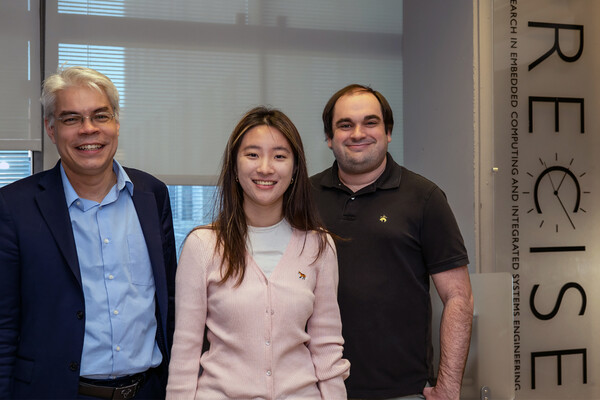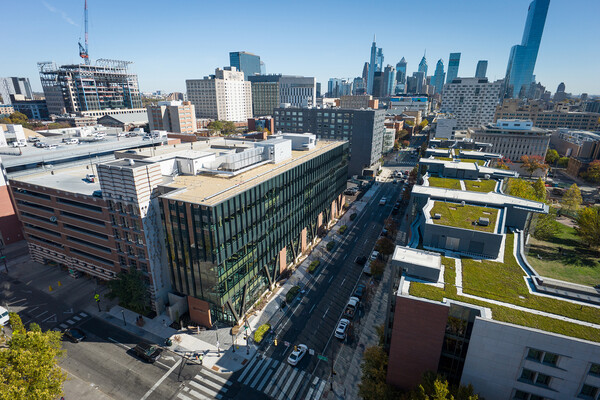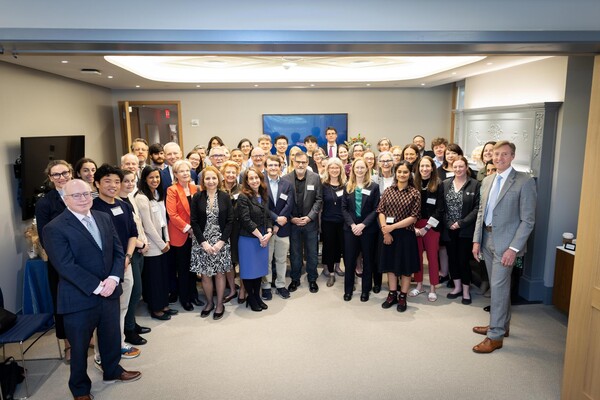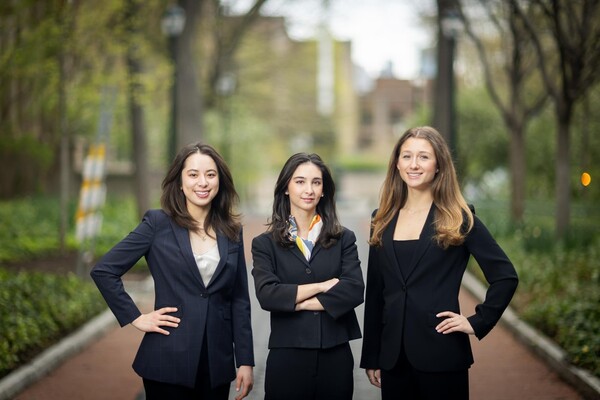Top colleges are too costly even for parents making $300,000
Penn is among top-ranked universities that have expanded the range of students qualifying for financial aid.
Voters fear competence more than bungling from Trump
A poll by the Annenberg Public Policy Center found bipartisan support for the power of the courts to restrain presidential power.
DOGE says it has saved $160 billion. Those cuts have cost taxpayers $135 billion, one analysis says
The Annenberg School for Communication’s SCIMaP shows the impact of federal health-research cuts.
Study shows new LED streetlights helped reduce crime in Philadelphia at night
A study by John MacDonald of the School of Arts & Sciences demonstrated that large-scale streetlight upgrades can lead to significant reductions in crime rates.

Zixuan Yi with advisers Zachary Ives (left) and Ryan Marcus.
(Image: Sylvia Zhang)
Improving AI and machine learning

nocred
Penn to double computing capacity for faculty

Winners of the inaugural Draw Down the Lightning grants with Penn President J. Larry Jameson and Senior Vice President for Strategic Initiatives David Asch.
nocred
Collaborating toward a better future for all

Melanie Herbert (center), a fourth-year in the School of Engineering and Applied Science, created Sync Labs—an innovative AI solution that addresses caregiving in senior care. Joined by Nami Lindquist (left) of the Wharton School and Penn Engineering and Alex Popescu of Penn Engineering (right) their technology, which has earned them the 2025 President’s Innovation Prize, allows caregivers to see three times more seniors while providing more personalized care.
nocred
Penn students develop AI-driven solution to transform senior care
Consumers continue to spend even as trade wars raise recession risk
Sasha Indarte of the Wharton School says that financial constraints coupled with expectations that the economy is weakening will eventually cause consumers to spend less, which can cause businesses to cut back or lay off workers.
Convergence and consensus
Kathleen Hall Jamieson of the Annenberg Public Policy Center says that claims of convergent evidence honor science’s norms of critique and correction by inviting discussion of the extent of existing knowledge and the multiple ways in which it was developed.